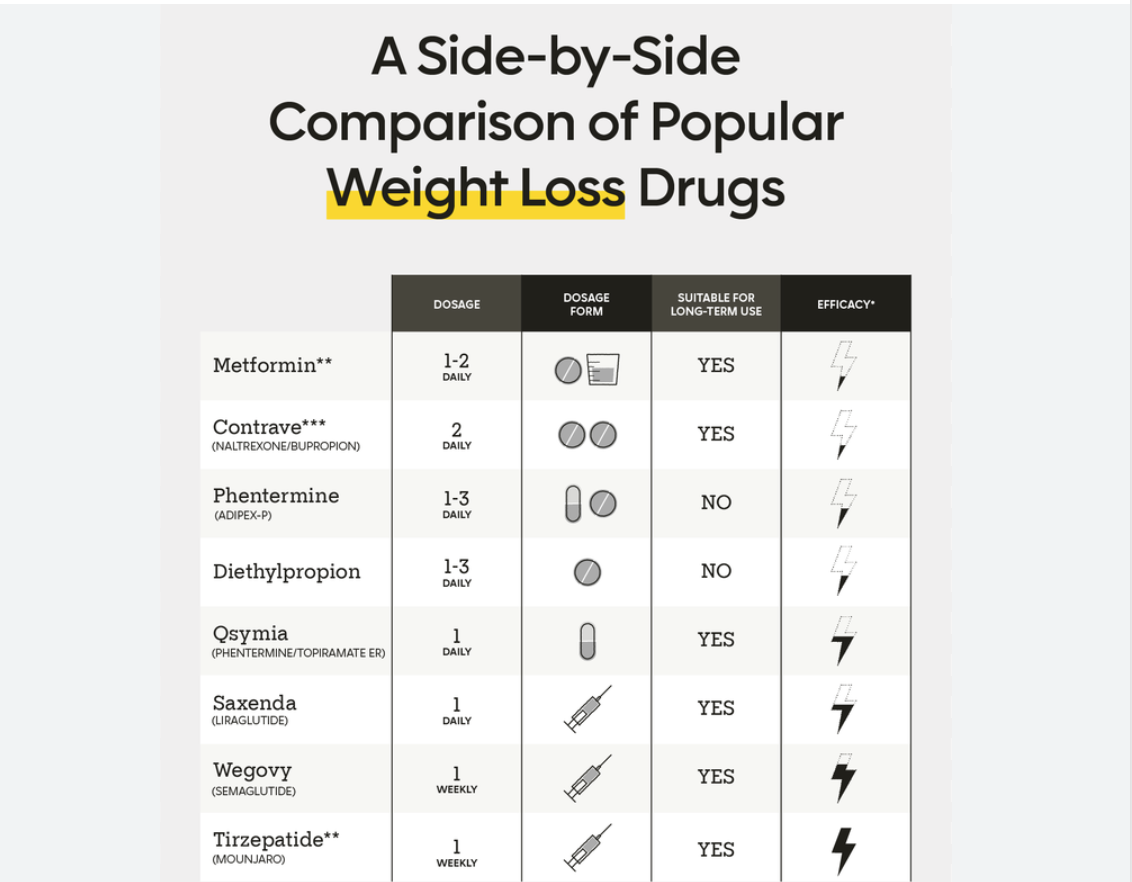Introduction
In the realm of weight loss, a promising player has emerged – GLP-1, short for glucagon-like peptide-1. This natural hormone has been gaining attention for its potential in helping individuals shed those stubborn pounds. In this article, we will delve into the science behind GLP-1, explore its role in weight management, and understand how it could be a game-changer in the quest for a healthier weight.
Understanding GLP-1
GLP-1 is a hormone secreted by the intestine in response to food intake. Its primary role is to regulate blood sugar levels by stimulating insulin release and inhibiting glucagon. Beyond its blood sugar control function, GLP-1 has shown to have a significant impact on appetite and satiety.
How GLP-1 Affects Weight Loss
- Appetite Suppression: One of the key ways in which GLP-1 aids in weight loss is by curbing appetite. Research suggests that GLP-1 receptors in the brain, particularly in the hypothalamus, play a crucial role in controlling hunger.
- Slowing Gastric Emptying: GLP-1 also works by slowing down the emptying of the stomach, leading to a feeling of fullness that persists for a longer duration. This can result in reduced overall food intake, contributing to weight loss.
- Caloric Expenditure: Studies indicate that GLP-1 may increase energy expenditure by promoting the utilization of calories, thereby assisting in weight loss efforts.
Examples Of GLP-1 Treatments
Several GLP-1 treamtents have proven to be effective tools in the realm of weight management.
Liraglutide, marketed under the brand name Saxenda, is one such treatment approved for chronic weight management in individuals with a body mass index (BMI) of 30 or higher, or those with a BMI of 27 or higher who have at least one weight-related condition. Its effectiveness is underscored by clinical trials demonstrating significant weight loss outcomes.
Research Backing GLP-1’s Weight Loss Potential
Numerous studies have explored the effects of GLP-1 on weight loss, providing substantial evidence supporting its efficacy. For instance, a randomized controlled trial published in the “Journal of Clinical Endocrinology & Metabolism” found that individuals treated with GLP-1 receptor agonists experienced greater weight loss compared to the control group.
Studies have found that all GLP-1 treatments can lead to weight loss of about 10.5 to 15.8 pounds.
Additionally, a meta-analysis of various clinical trials, published in the “Journal of Obesity,” concluded that GLP-1 receptor agonists were associated with a significant reduction in body weight.
GLP-1 in Clinical Practice
In the medical field, GLP-1 receptor agonists are prescribed to individuals struggling with obesity or overweight conditions. These treatments mimic the effects of GLP-1, helping patients manage their weight effectively. However, it’s essential to note that the use of GLP-1 for weight loss should be done under the supervision of a healthcare professional. Like any treatment, it may have side effects and is not suitable for everyone.
Conclusion
GLP-1 stands out as a promising avenue in the pursuit of weight loss. Its ability to regulate appetite, slow gastric emptying, and increase caloric expenditure positions it as a valuable tool in the battle against obesity. With a growing body of research supporting its efficacy, GLP-1 offers hope for those seeking sustainable and effective weight loss solutions. As the scientific community continues to unravel the mysteries of GLP-1, it may very well be the key to unlocking healthier, happier lives for many individuals.





















